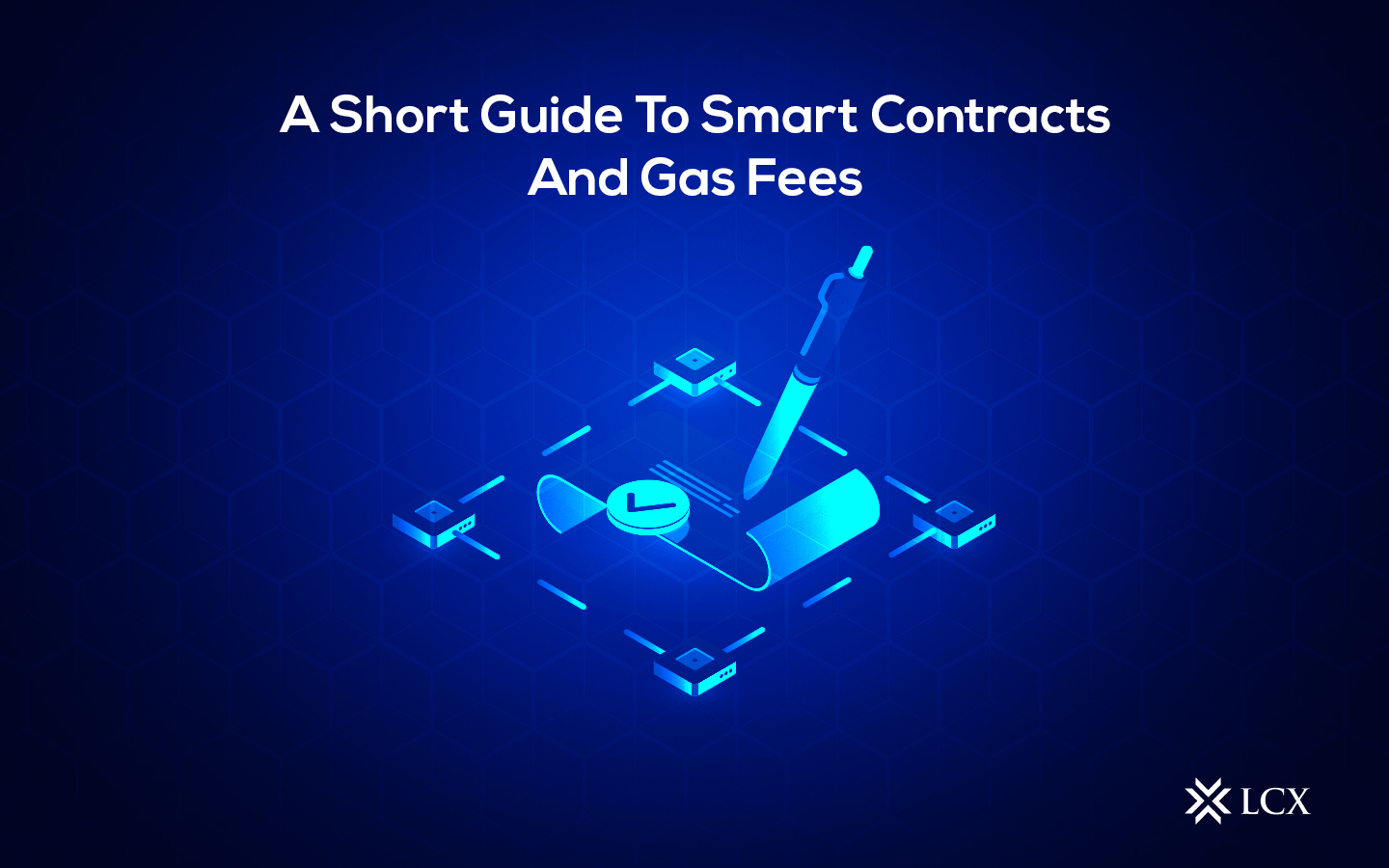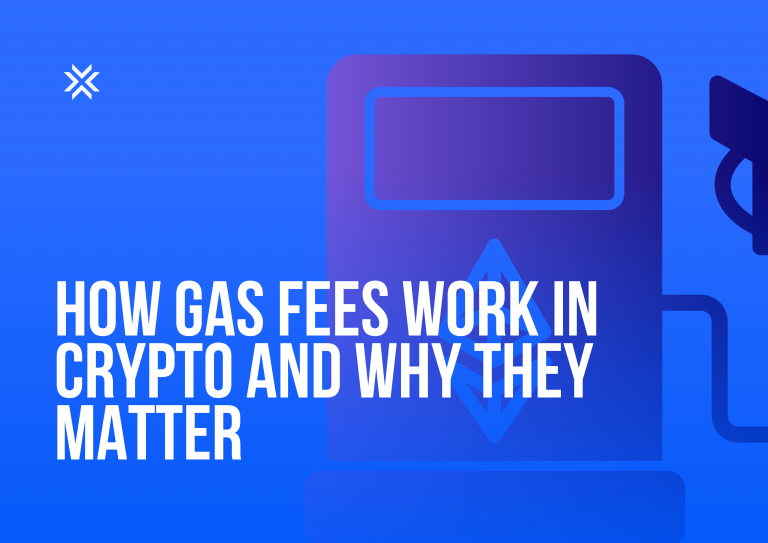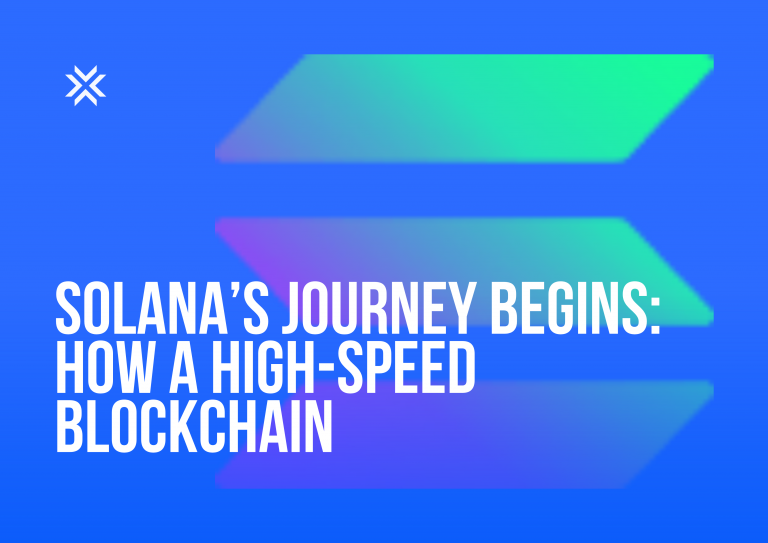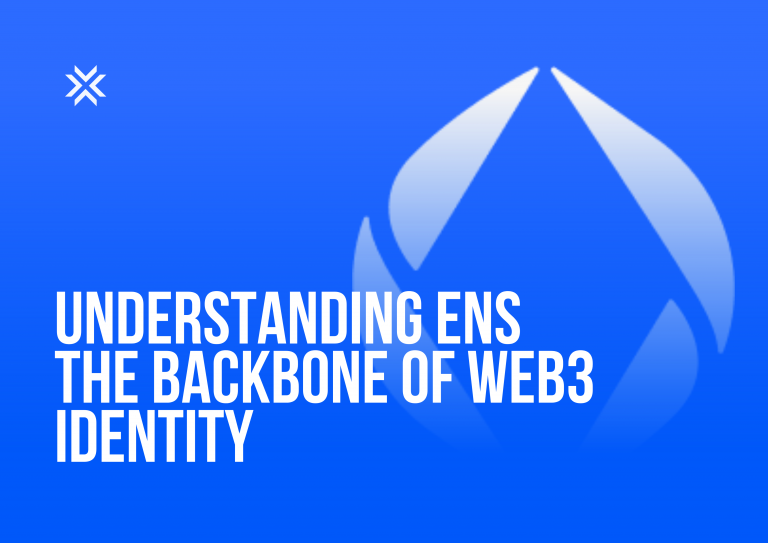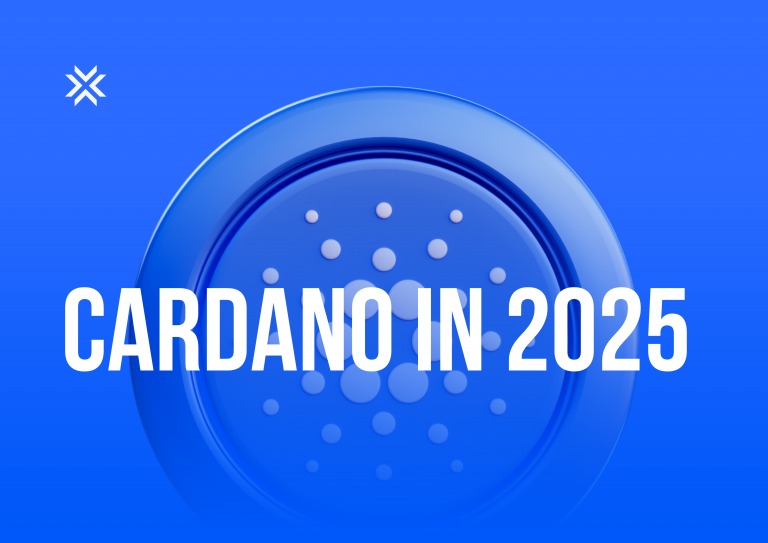The Evolution of contracts
Contracts are the foundation of the world. In today’s society, no firm or individual can function effectively without contracts. A whole legal and judicial system has been created to support and facilitate the creation, maintenance, and enforcement of contracts. These contracts tend to be overseen by a “trusted” third party. The majority of civil lawsuits involve settling and arguing about contractual obligations. Replacing paperwork with a better contract management system would benefit both individuals and corporations.
What is a smart contract?
A smart contract is a self-enforcing agreement managed by a blockchain. Smart contracts are essentially automated agreements between the contract creator and the recipient. Smart contracts contain codes that define the rules governing how parties interact.
A blockchain-based agreement is written in code, making it irreversible and immutable. Smart contracts enable the efficient management of digital assets and rights between two or more parties without the need for intermediaries. Therefore, smart contracts allow the embedding of governance rules and business logic into a few lines of code, which can be verified and implemented through consensus within a peer-to-peer network.
So, what is an executed contract? A signed contract that establishes a contractual connection between two or more parties is known as an executed contract. Each party promises to uphold the legal duties they agreed to in the written agreement once the contract is signed correctly. Popularized by the world’s second most popular blockchain, Ethereum (ETH), smart contracts have led to the network’s array of decentralized applications (DApps) and other use cases.
The main benefit of blockchain networks is their ability to automate tasks typically handled by third parties. The process of transferring funds from a client to a freelancer can happen automatically, rather than going through a bank, thanks to a smart contract. It only requires agreement between two parties.
Types of Smart Contracts
- Smart Legal Contract
- Decentralized Autonomous Organizations
- Application Logic Contracts
Historical Background
Nick Szabo, a computer scientist and cryptographer at the University of Washington, first coined the term “smart contract” some 20 years ago. In his words:
“New institutions, and new ways to formalize the relationships that make up these institutions, are now made possible by the digital revolution. I call these new contracts “smart” because they are far more functional than their inanimate paper-based ancestors. A smart contract is a set of promises, specified in digital form, including protocols within which the parties perform on these promises.”
Szabo claims that smart contracts may be “smarter” than paper contracts due to their automatic execution of required steps. However, they don’t qualify as intelligent tools to parse a contract’s subjective requirements. A vending machine is the classic example of a smart contract offered by Szabo. As part of their work on Ricardo, Ian Grigg and Gary Howland published Ricardian Contracts in 1996, the basis for today’s smart contracts.
What is a Gas Fee?
To execute any compiled smart contract on specific blockchains requires the payment of a transaction fee. The Ethereum blockchain manages smart contracts with the Ethereum Virtual Machine (EVM), for which gas is paid. A smart contract that is more complex (in terms of the actions to be performed) will cost more gas to execute. The gas prevents overly complex or numerous smart contracts from overloading the EVM. Essentially, gas is the fuel that powers Ethereum’s smart contracts. The network cannot process any transactions without gas.
Gas: How does it work?
Transactions are initiated based on contracts deployed to the network, and there is a gas fee attached to every transaction. Ethereum transactions require computational resources. The amount of computational power required for a transaction determines the gas fee.
How does the gas fee fluctuate?
According to the type of transaction and the congestion level (the number of users on the network), gas fees vary.
A high number of transactions on the blockchain network can make gas expensive. There is a limit to how many transactions can be included in each new block added to the Ethereum blockchain. The supply and demand of gas make miners more inclined to accept transactions at higher fees. High gas fees do not indicate a broken Ethereum network; they are simply a result of how the system currently works.


